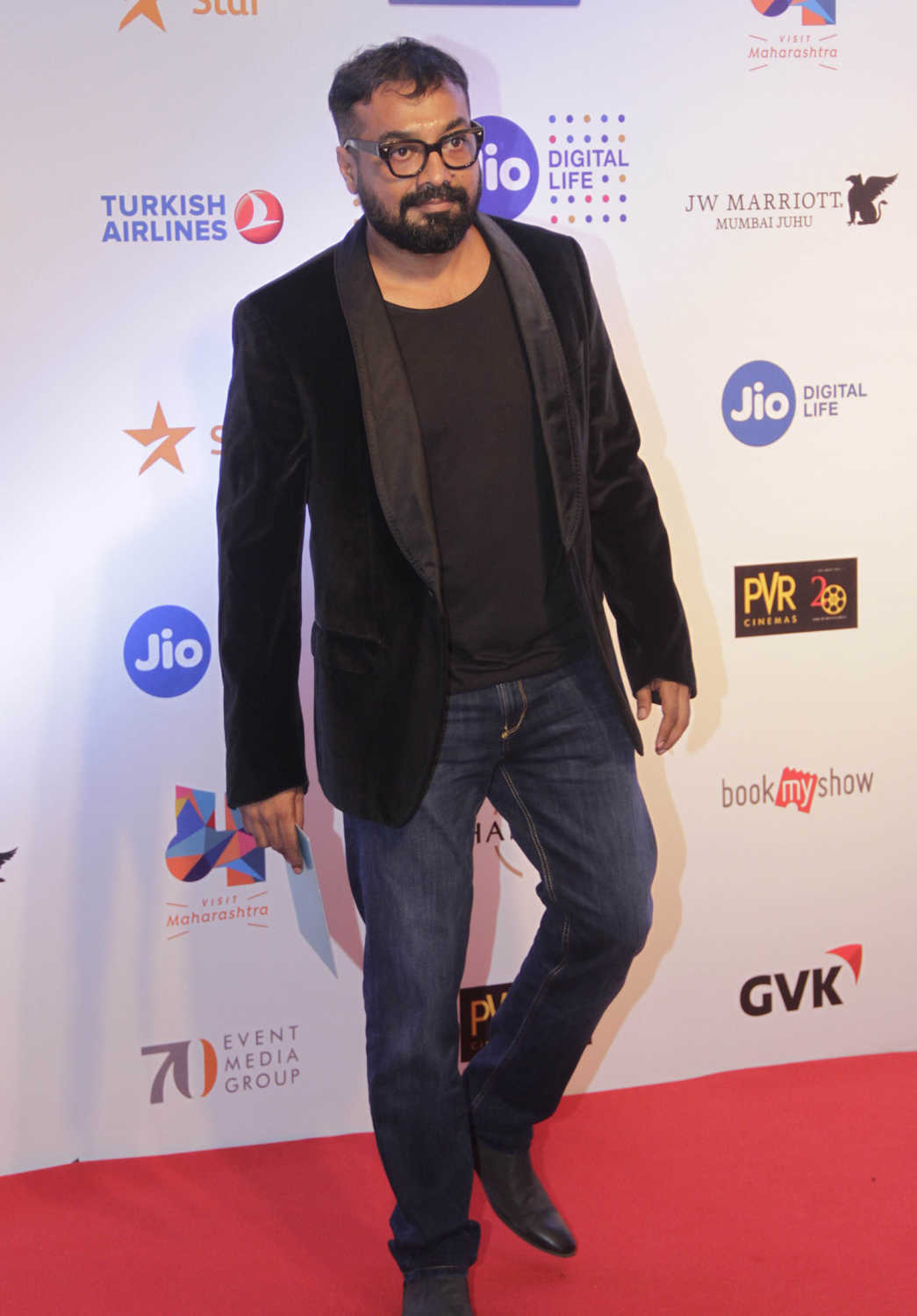The filmmaker, whose films often run into trouble with the censor board, thanked the CBFC and the Union I&B minister Smriti Irani for clearing his film with minimum cuts.
Anurag Kashyap thanks CBFC for U/A certificate to Mukkabaaz
Mumbai - 09 Jan 2018 19:26 IST


Mayur Lookhar
Filmmaker Anurag Kashyap thanking the Central Board of Film Certification is an unusual occurrence, as more often than not, he is at loggerheads with the censor board.
Kashyap's Mukkabaaz has been certified U/A and the filmmaker expressed his gratitude to lyricist and CBFC chief Prasoon Joshi and Union minister for information and broadcasting, Smriti Irani.
Thank you @prasoonjoshi_ and @smritiirani and the board and the revising committee panel . Just to be given space to speak freely and fearlessly makes it all so worth it. #Mukkabaaz
— Anurag Kashyap (@anuragkashyap72) January 9, 2018
Earlier, the filmmaker tweeted that they readily agreed to one audio cut, and that enabled the makers to get the U/A certifcate.
The Voluntary audio deletion was the difference between the A certificate and the U/A #Mukkabaaz
— Anurag Kashyap (@anuragkashyap72) January 9, 2018
Known for his forthright views, Kashyap also revealed that the board asked him to explain his intention to make the film and he spoke fearlessly. He said this happened during Gangs of Wasseypur (2012) when Leela Samson was the CBFC chief.
I was asked by the board, my intention to make this film and I spoke freely and fearlessly and was accorded the respect of a filmmaker by CBFC. Last time that happened was GOW #Mukkabaaz
— Anurag Kashyap (@anuragkashyap72) January 9, 2018
Mukkabaaz is slated to be released on 12 January, when it will compete with Cinestaan Film Company’s Kaalakaandi, starring Saif Ali Khan.
Kashyap's troubles with the CBFC are well-known. They began under the chairmanship of Pahlaj Nihalani and his team who had refused to certify films likes Udta Punjab (2016) and Raman Raghav 2.0 (2016).
Udta Punjab, which was produced by Kashyap, was eventually cleared by the Punjab high court, while the latter was cleared by Film Certification Appellate Tribunal.




